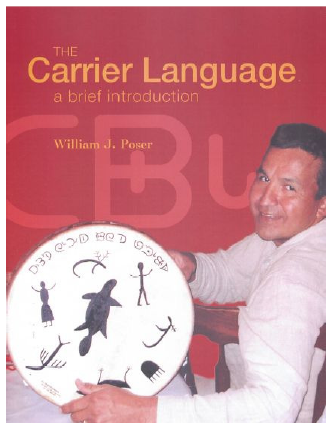Phrase Detectives
Massimo Poesio writes:
Phrase Detectives is a game-with-a-purpose designed to gather data about anaphora. We put online about 1.2 million words – half Wikipedia, half fiction from the Project Gutenberg (the plan is to make all the data freely available through LDC and the Anaphoric Bank), and ask our players to tell us what an anaphoric expression refers to, or to check what other 'detectives' have done. The game collects 8 judgments for every anaphoric expression, and each interpretation is validated by 5 other players, so that the data can also be used to study disagreements in anaphoric interpretation. We have collected over 700,000 anaphoric judgments in this first year and around 300,000 validations, and we'd like to complete the annotation of the first 1 million words before moving on to release 2 of the game (as you'll see if you play, there are several limitations), so we started a competition – $500 to whomever gets the most points in January – to double the number of players (we have around 1500, it would be nice to get to at least 3000).
Read the rest of this entry »
